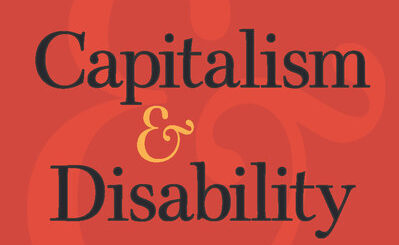The late Marta Russell is not a well-known figure among legal scholars and practitioners. She should be. Running throughout her writings is a powerful thesis: in many respects, law works to enable profit-seeking, and disability, as a concept, is crucial to that work.
In the second part of their conversation on LPE & disability, Rabia Belt, Doron Dorfman, Jasmine Harris, Jamelia Morgan, and Karen Tani discuss what LPE could gain from paying greater attention to disability, and where scholars interested in the nexus of disability and LPE should turn for additional resources.
In part one of their conversation on LPE & disability, Rabia Belt, Doron Dorfman, Jasmine Harris, Jamelia Morgan, and Karen Tani discuss why disability has not been a more prominent theme in the LPE movement.
The pernicious effects of the divided welfare state are well known. Yet its darkest legacy may be how private health care benefits transmuted ill and aging bodies into rich and predictable streams of revenue.
Two examples from the experience of people living with disabilities demonstrate CBA's shortcomings.
Here we discuss a type of organizing that has followed in the wake of mass commenting efforts, focused on analyzing the content of comments and ensuring their due consideration. Our central example comes from the Department of Education’s recent notice of a proposed rulemaking (NPRM) regarding the meaning of Title IX for complaints of sexual harassment (an umbrella legal term that includes sexual violence). Perhaps unsurprisingly, given the activism around the ED’s interpretation of Title IX in the Obama years, the agency recorded over 124,000 comments—and spurred the creative cataloging initiative we spotlight here. By analyzing comments themselves, participants in this initiative seek to support public engagement with administrative law and vindicate the democratic values at the heart of notice-and-comment mandates.





